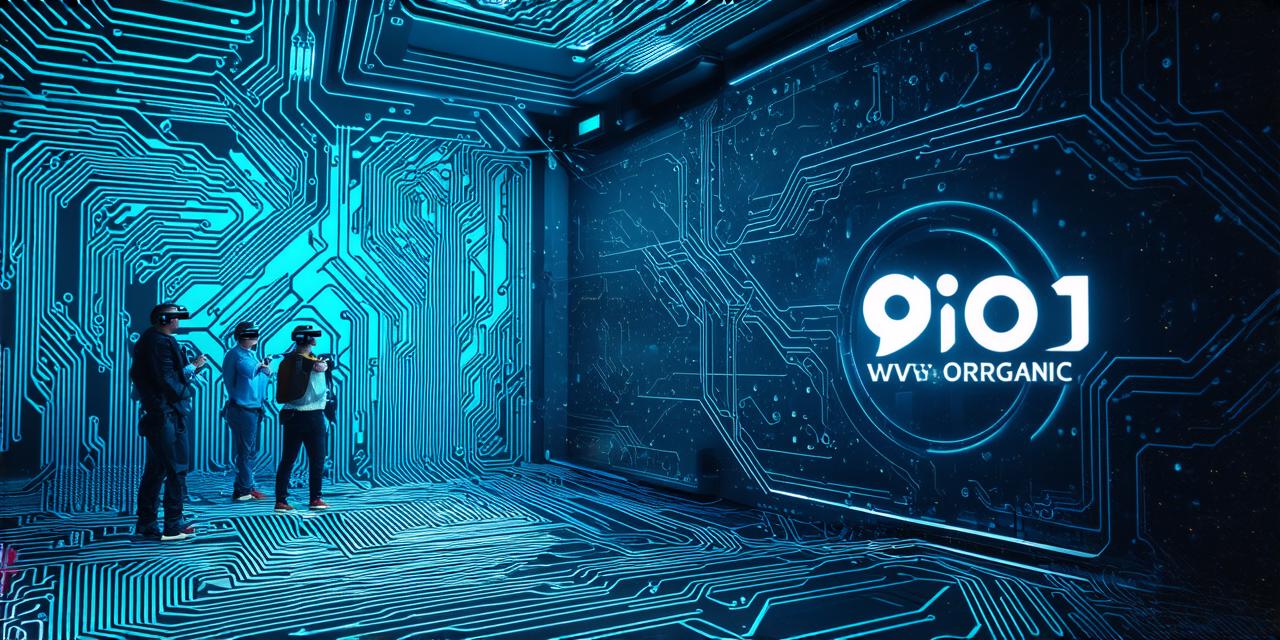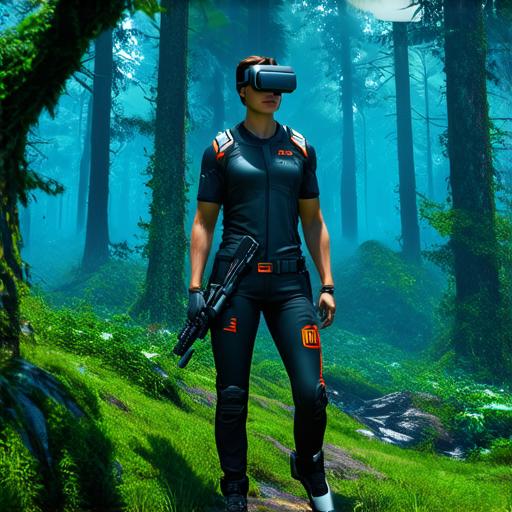
What are the responsibilities of a virtual reality developer?
Virtual reality (VR) is a rapidly growing field that is changing the way we interact with digital content. As VR technology continues to advance, the demand for skilled virtual reality developers is on the rise. In this article, we’ll explore the responsibilities of a virtual reality developer and how they can effectively create immersive experiences for users.
1. Design and Development
Virtual reality developers are responsible for designing and developing VR content, including games, simulations, and educational programs. This involves creating 3D models, coding, and testing the software to ensure that it runs smoothly on VR devices. Virtual reality developers must have a strong understanding of programming languages such as C++, Unity, and Unreal Engine, as well as 3D modeling software like Blender and Maya.
One of the most important aspects of designing and developing VR content is ensuring that it is optimized for use on different devices. This requires a deep understanding of how VR technology works and the various specifications of different devices. Virtual reality developers must also ensure that their content is accessible to all users, regardless of their technical expertise or hardware capabilities.
2. Testing and Quality Assurance
Virtual reality developers are responsible for testing their content thoroughly to ensure that it runs smoothly and is bug-free. This involves conducting a range of tests on different devices, including hardware and software testing, as well as user acceptance testing. Virtual reality developers must also have a strong understanding of user behavior and design principles to create experiences that are both immersive and intuitive.
3. Collaboration and Communication
Virtual reality development projects often involve collaboration with a range of stakeholders, including designers, artists, and project managers. Virtual reality developers must be able to communicate effectively with these team members to ensure that everyone is on the same page and working towards the same goals. This requires strong communication skills, as well as the ability to manage multiple tasks simultaneously.
4. Continuous Learning and Adaptation
Virtual reality technology is constantly evolving, and virtual reality developers must be willing to learn and adapt to these changes. This requires a commitment to ongoing education and professional development, as well as an openness to new ideas and approaches. Virtual reality developers must also be able to pivot quickly when faced with unexpected challenges or opportunities.
5. Ethical Considerations

Virtual reality technology has the potential to be incredibly powerful and immersive, which raises a range of ethical considerations. Virtual reality developers must be aware of these issues and take steps to ensure that their content is responsible and respectful. This includes considering issues such as privacy, consent, and the impact on users’ mental health and well-being.
Case Study: Oculus VR
Oculus VR is one of the leading players in the virtual reality industry, with a range of devices and software platforms designed for gaming, entertainment, and enterprise use. Virtual reality developers working for Oculus must navigate a complex range of challenges and opportunities, from designing innovative content to ensuring that their products are accessible to a global user base.
One of the key responsibilities of Oculus virtual reality developers is optimizing their content for use on different devices, including smartphones, computers, and dedicated VR hardware like the Oculus Quest. This requires a deep understanding of how VR technology works and the various specifications of different devices. In addition, Oculus virtual reality developers must stay up-to-date with the latest developments in VR hardware and software, as well as trends in gaming, entertainment, and enterprise use cases.
Summary
Virtual reality development is a complex and rapidly evolving field that requires a range of skills and expertise.


